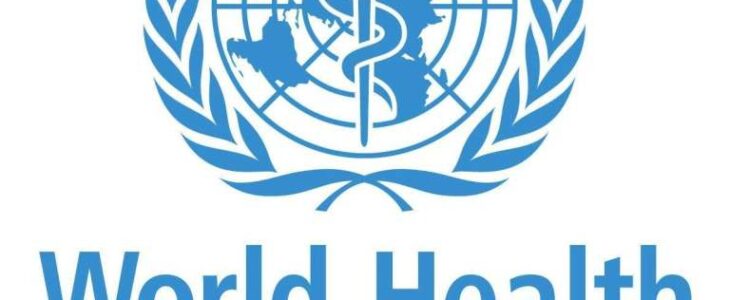
The World Health Organisation, WHO, has okayed delaying the second injections of the Moderna COVID-19 vaccine for up to six weeks in exceptional situations, such as limited vaccine supplies, just as it recommended for the Pfizer-BioNTech vaccines.
Both vaccines require boosters after three to four weeks, but several countries facing limited vaccine supplies have informed that they will delay administering the booster shot so that more people can benefit from receiving the first dose.

The WHO’s Strategic Advisory Group of Experts on Immunisation, SAGE, had noted that it was best to respect the tested intervals between doses of 21 days for the Pfizer-BioNTech vaccine and 28 days for Moderna.
The WHO’s vaccine advisory group earlier said that in “exceptional circumstances” it was possible to wait for up to 42 days to administer the second dose of the Pfizer-BioNTech vaccine. On Tuesday, it said the same for the Moderna vaccine.

The spokesperson for the Group, Alejandro Cravioto, however, warned in a virtual press briefing that the evidence does not go beyond the six-week cut off.
Both vaccines are very similar, the experts said, except for the storage requirements. The Pfizer vaccine needs to be stored at -70 degrees Celsius while Moderna doses can be stored at -20 C.
With vaccine supplies still limited, the WHO has called for health workers and the most vulnerable groups to be prioritised.
“In the current period of very limited vaccine supply, preferential vaccination of international travellers would counter the principle of equity. Because of this, and the lack of evidence that vaccination reduces the risk of transmission, SAGE currently does not recommend COVID-19 vaccination of travellers.”
SAGE also recommended that the two vaccines should only be administered in settings that can deal with a potential anaphylactic reaction.
The experts stressed this was the usual recommendation for most vaccination programmes, pointing to findings from US health authorities last week indicating that severe allergic reaction to the Moderna vaccine was “rare”.
They noted that in situations where there was a shortage of vaccines, people who had been infected with COVID-19 in the previous six months and therefore likely had immunity could opt to postpone vaccination, but stressed that it was not a recommendation to exclude individuals on that basis.
Credit: Vanguard
